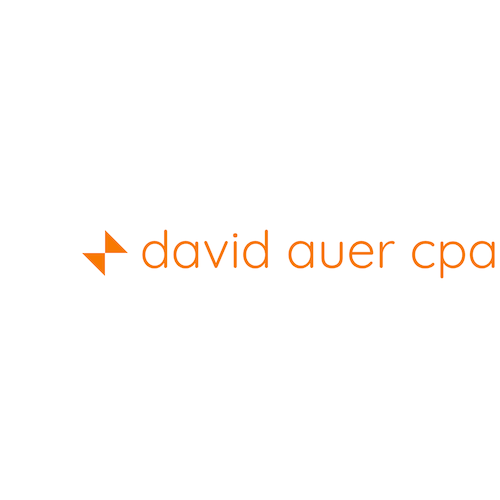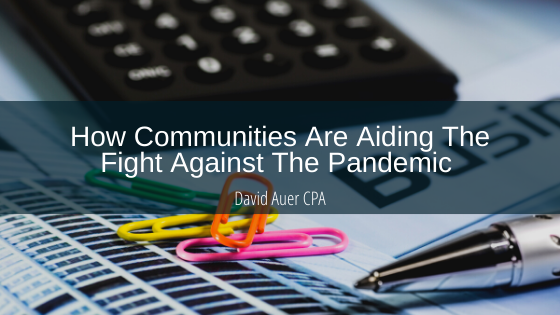The coronavirus pandemic is hurting the United States in ways that many Americans could never have imagined. Thousands of people are dying as the healthcare system becomes increasingly overwhelmed. Schools around the country are shuttered, leaving children struggling to learn through virtual means. Most businesses are closed, and remote workers are more common, paralyzing the economy and threatening long-term depression. With so many disasters striking all at once, Americans should foster a sense of civic engagement and unite with their communities to do what they can to help out. By learning from the community response in countries hit by the Ebola outbreak over five years ago, Americans can organize their own efforts to fight back against the repercussions of this pandemic.
When the Ebola outbreak hit Africa, community health workers stepped up to the plate. While these people were not medical professionals or public health workers by trade, they were willing to undergo training and attack their new jobs with grit and determination. The result was that their contributions made a significant impact on the containment of the deadly outbreak.
If the United States is to mitigate the damage caused by the current coronavirus pandemic, community health workers will have to be a significant part of the equation. There are many tasks that these workers can perform, many of them vital to the fight against the virus. Their primary role can be going to the door, collecting information about the spread of the disease. They can also deliver tests and distribute supplies to people who need community or government assistance. As long as they are trained and have access to protective equipment, their help can be invaluable.
With most Americans stuck inside their homes, this is an excellent opportunity to mobilize their potential. Many people have the skills necessary to perform the role of a community health worker. By getting people out into the street to help with the crisis, we can coordinate a better response.
The deployment of a significant contingent of community health workers will also benefit the economy. Millions are out of work, and yet vital jobs are waiting to be done. Employing Americans in community health programs is a single solution for multiple problems.

